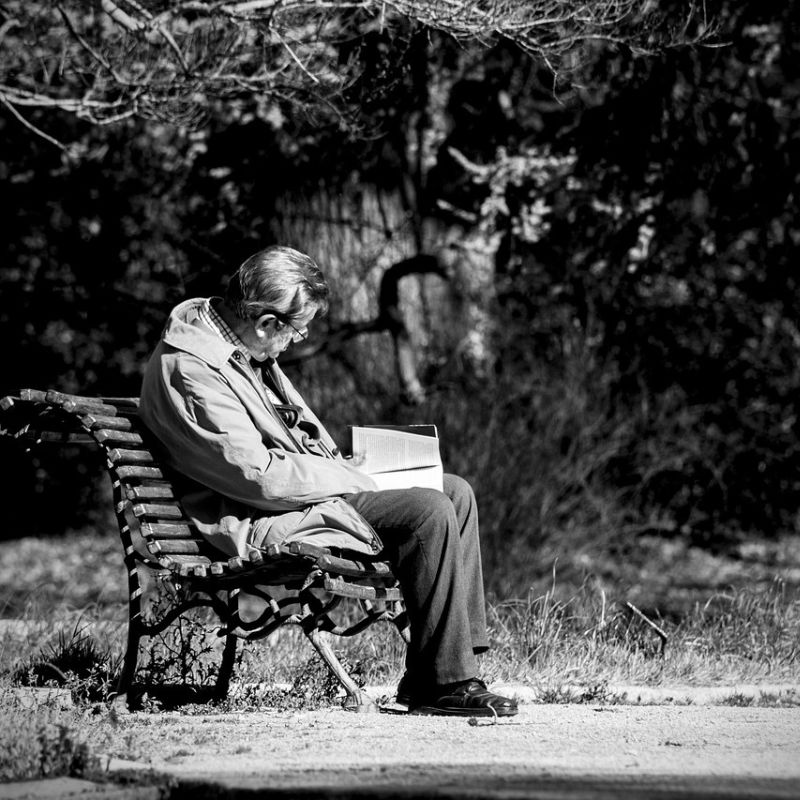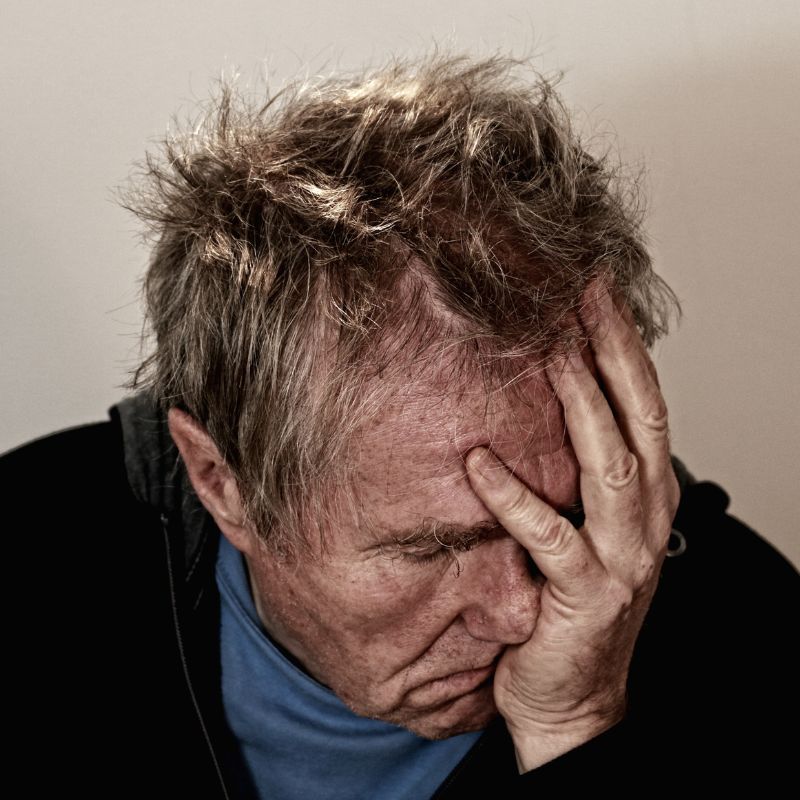Most of What You Think You Know About Aging is Untrue
Note: This is the first in a series of blogs related to a book project I’ve been writing for some months. The book is called, The Slightly Older Person’s Guide to Graceful Living.
I’ll start this with a broad statement: almost everything you think you know about aging is likely to be not true. I’m talking less about the physical aspects of aging than I am about the ideas we have about aging.
I’m curious about how the link between these two, the physical signs of wear and tear, and the thinking that can come from them, can work to our disadvantage. Here’s what I’ve seen so far.

I turned 72 a few weeks ago, so I know a bit about what it’s like to be in a body that doesn’t respond quite like it did when I was 27. Add to that several separate Lyme infections and their multiple lingering effects, and there are times when my body feels very, very old.
What makes that surprisingly easy to tolerate is one very simple thing: I’ve learned that though the physical signals of aging are true and can’t be ignored, almost all of what my thinking tells me about “how old I am” and what it means is a big, fat, rotten, dirty lie.
I was lucky enough to figure out when I was very young that I was probably going to live a long time, and I wanted to be able to do physical activities I loved for as long as I possibly could, so I got into the habit of taking care of myself.
I had a number of wonderful, positive models of older people in my life who didn’t buy into the nonsense about how a particular age meant they were circling the drain and about to go down the pipe.
Those people made a big impression on me, and I started following their model. I had another set of equally valuable role models. These were the people in my life who got to a certain age, whether it was 30, 50, or 70, and decided that particular age meant they were supposed to feel their ideas about that age.
These are the kind of ideas I’m talking about. “You can’t do that! You’re a 50-year-old man!” “Aren’t you a little too old for open-water swimming?” “It seems inappropriate for you to be acting like that at your age!” “I think my days of enjoying that activity are over.”
My father was a great example of someone who could be both models, the instructive one, and the cautionary one. From him, I inherited a high metabolism and really good basic health. When he was 79 years old, I vividly remember him doing an imitation of an old man who could barely drag himself along. Then, he’d break into a tap dance, which would make him, and anybody watching, laugh like hell.
The funny thing is, a year or two later, he’d become the old man, the one for whom tap dancing was as unlikely as a dive off a cliff. It was both discouraging and fascinating to watch this unfold. It was the first hint that my father, who had always seemed ageless, was mortal. I think it may have been his first hint, too.
Up until then, my Dad looked decades younger than he was and had the vitality to match. Where did it all go so quickly? I watched the process unfold, and this is what I saw.
Until he was almost 80, my father never got sick, not so much as a cold, and he was seldom tired. He never went to see a doctor. When he and my mother decided to get long-term health insurance, he had to get a complete physical workup.
I’m not sure what he expected from the work-up, but I imagine he expected the doctor to tell him, “No problems at all, Bill. You’re going to live forever.” Of course, that’s not what the doctor had to tell him. This was in the late 1990s. I think the last time my Dad had really been to the doctor was probably at the end of World War II. All these years later, he had the beginnings of both prostate cancer and emphysema.
I was in the habit of phoning him and my Mom every few days, and one day, the day after he’d gotten the results from the doctor, he sounded like a different person. He sounded like the old man he had so much fun imitating. In fact, in his mind, he’d become that old man.

Up until then, he didn’t believe any of the myths about aging, and he was living proof of their imaginary nature. But then the results from his physical exam came crashing down on him, and his belief system about aging evaporated.
In other words, he no longer believed what his body was telling him about his age, he believed what his thinking was telling him, and his thinking was telling him that he was old, and at the end of his life.
He went downhill quickly after that. It’s not a surprising story or an unusual one. You’ve probably seen it happen more than once. So have I.
The noteworthy point in all of this is that my father experienced his sense of vitality as a felt sensation; he didn’t look to his thoughts to give him that vitality. When he stopped paying attention to the vitality he’d always had and started focusing on what his thinking was telling him about his age, it was the beginning of the end for him.
Here’s the choice I’m presenting to you: you can focus on all the conditioned thinking you have about what a particular age means, or you can focus on the sheer aliveness you feel coming out of you.
Living from your sheer aliveness can only make you feel young, regardless of how broken down your body may be. Living from your ideas about aging can only make you feel ancient.
Which would you rather live from?

If you would like to know when The Slightly Older Person’s Guide to Graceful Aging comes out, please click here to put your name on the list. To read my other articles, click here.



